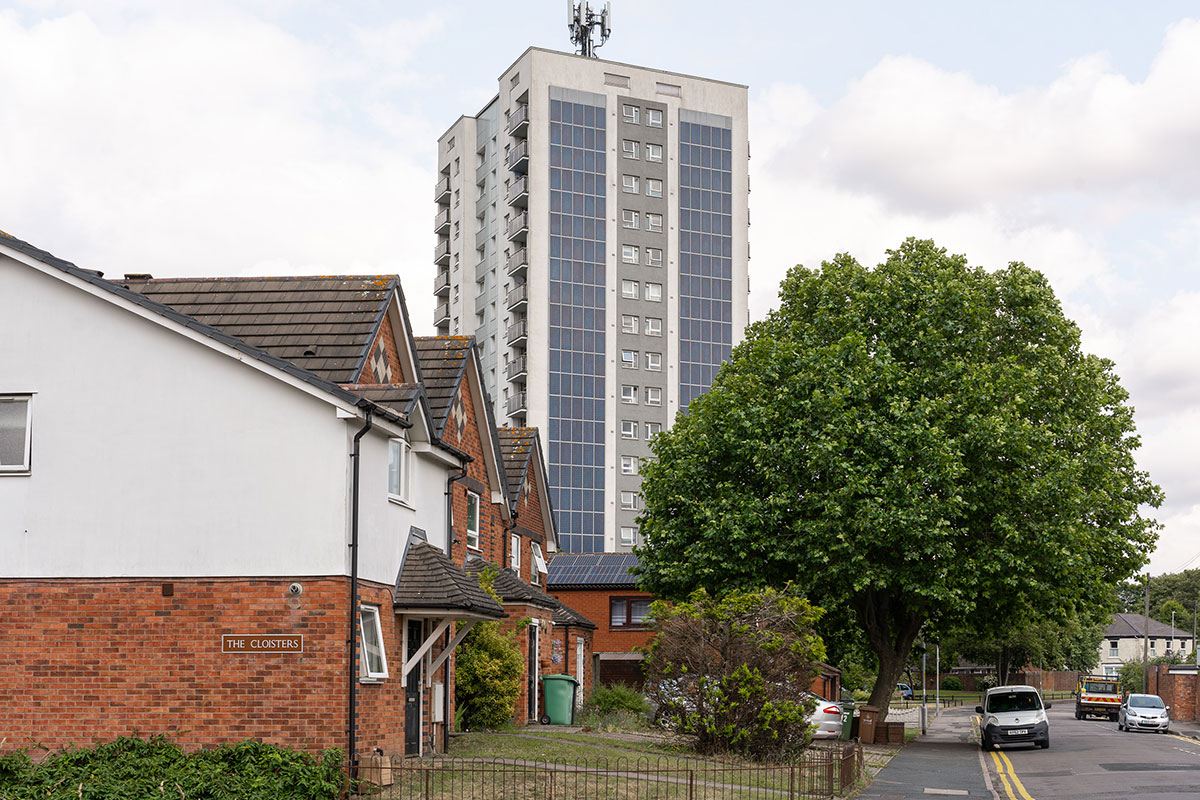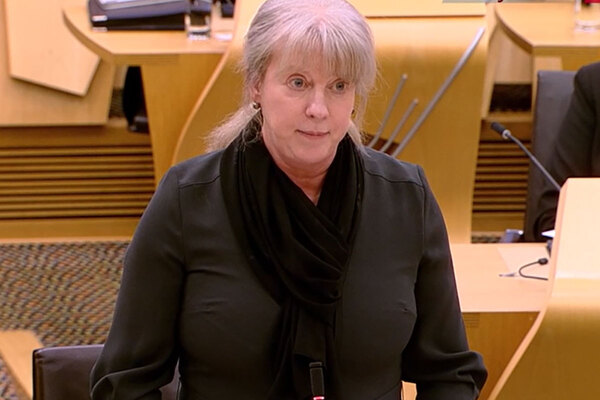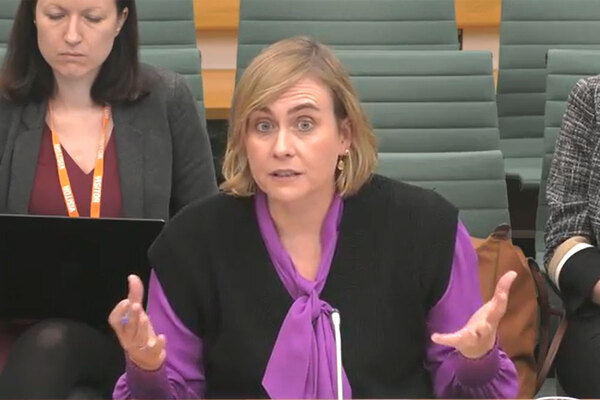You are viewing 1 of your 1 free articles
City council criticised by ombudsman over damp and mould failures affecting vulnerable children
A city council in the Midlands has been criticised by the Housing Ombudsman for leaving vulnerable children in damp, mouldy properties despite their mother’s complaints.
The ombudsman made a severe maladministration finding for Stoke-on-Trent City Council’s complaint-handling and a maladministration finding for its response to damp and mould. The authority was ordered to make a written apology and pay compensation totalling £1,000.
The resident, a mother of two vulnerable children, reported draughty and damaged windows and mould at their council-owned house in March 2020.
She made further reports of damp and mould in her bathroom and bedrooms, as well as a new water leak in her loft, in July 2020. Stoke’s team attended but delayed the loft repair as it could not get access to a neighbour’s house.
The resident raised a stage one complaint in August 2020 due to outstanding works, including holes in the bathroom and roof, and requested a damp and mould survey due to ongoing issues. The complaint was resolved via telephone only, with a damp inspection carried out in September 2020.
In July 2021, the landlord opened a new stage one complaint, with the resident reporting that there was still damp throughout the property. She said Stoke Council had only measured the damp and not taken any action, and it was damaging the plaster and decorations that had already been damaged by water leaks.
The resident added that this was affecting her daughter’s acute asthma, but that she had no feedback from the landlord about the damp inspection that it had carried out in September 2020.
She added that other repairs outstanding since March 2020 included a fence and gate to make her garden safe for her son’s learning difficulties, draughty windows, a hole above the back door, and a dripping and poorly flushing toilet.
The complaint was escalated to the final stage in September 2021, with the resident saying the landlord’s operatives had turned up unannounced at her property on four occasions after it had agreed to notify her prior to any repair visits due to her personal circumstances.
This was also because the repairs at the resident’s property were still outstanding, for which the landlord recorded that it was declined access by her on 4 October 2021 as it was inconvenient.
Repairs were agreed in October 2021, but the complaint was escalated in November as the resident said the response did not address the outstanding damp and mould, toilet or remaining garden repairs, and the works that it had agreed to still being incomplete.
She added that its operatives had continued to arrive at her property without arranging prior appointments, despite this being necessary due to her son’s disabilities, which was causing her stress.
In February 2022, the resident told the Housing Ombudsman that she was still experiencing difficulty getting the landlord to complete the repairs because it was just sending her text messages with appointment times, rather than contacting her to agree mutually convenient times.
In its assessment, the ombudsman said: “The resulting distress and inconvenience caused to the resident and her household would additionally have been further increased by her daughter’s acute asthma, which she reported as being affected by the damp and mould at her property from July 2021 until the landlord’s works for this in December 2021.
“There were therefore multiple failings by it in relation to repair delays, record-keeping and communication that were increased by her household’s circumstances. Although the landlord apologised for this in its final stage complaint response, it was a further failing on its part that it did not consider offering the resident any other form of redress for the failings identified.”
It added that the council was aware of her son’s disability and care needs, and that its continued practice of arriving unannounced increased stress for the resident.
Housing ombudsman Richard Blakeway said: “Our Complaint Handling Code is clear that landlords must issue residents with a formal stage one response
“In previous cases we have seen significant delays in responses, but for a resident to receive nothing, when her two vulnerable children are living in a damp and mould home, is completely unacceptable.
“Another important part of the code is addressing all of the residents’ concerns within the response, which again the landlord did not do.
“As the code becomes statutory with the passing on the Social Housing (Regulation) Act, landlords must get on top of this. We’re holding monthly code drop-in sessions to help landlords provide a better service to residents in this area, but training staff on these issues is absolutely vital, too.”
In a learning statement, Stoke Council said: “We apologise fully that the response our customer received in this case fell below the standards expected of our teams and by our customers. We have apologised to our customer and made the appropriate compensation payment.
“We are committed to continuously improving services and learning from mistakes and welcome the learning from the Housing Ombudsman.
“To date we have:
-
Reviewed and updated all of our processes and procedures in relation to damp and mould complaints, including the development of a stand-alone damp and mould policy, together with updated guidance on reporting and treating damp and mould.
-
Updated our overall repairs and maintenance policy and voids policy. These policies have been designed with residents in mind, to ensure works are delivered efficiently and effectively including the making and keeping of appointments and an improved lettable standard.
-
Completed a review of overall complaint-handling across all service areas including Unitas – our repairs and maintenance service provider – incorporating improved monitoring and oversight arrangements so that we are focused on resolving issues for customers at the earliest opportunity. We have improved arrangements for initial contact and further communication with customers, standardised letter templates and also ensured that all complaints are responded to in writing.
-
Delivered ongoing training across the workforce, highlighting the potential health impacts of damp and mould on vulnerable customers and across our complaint-handling procedures, incorporating the need for accurate and timely record-keeping and complying with the Housing Ombudsman [Complaint] Handling Code and remedies guidance.
“This work is part of our ongoing approach to continually improving the service we offer to customers and placing customer feedback at the heart of our service improvement approach.”
Sign up for our daily newsletter
Already have an account? Click here to manage your newsletters












